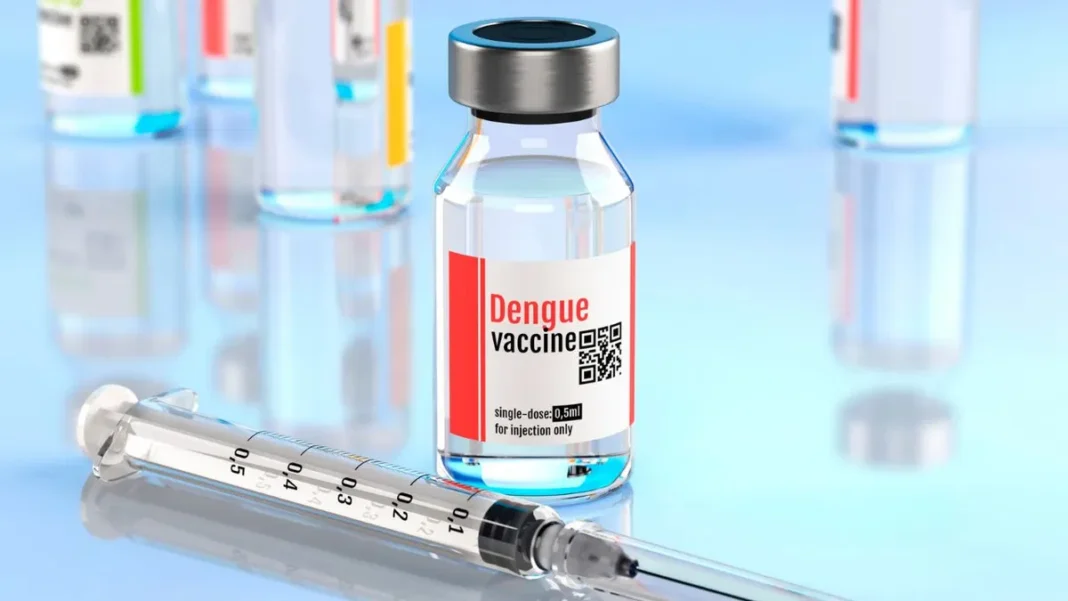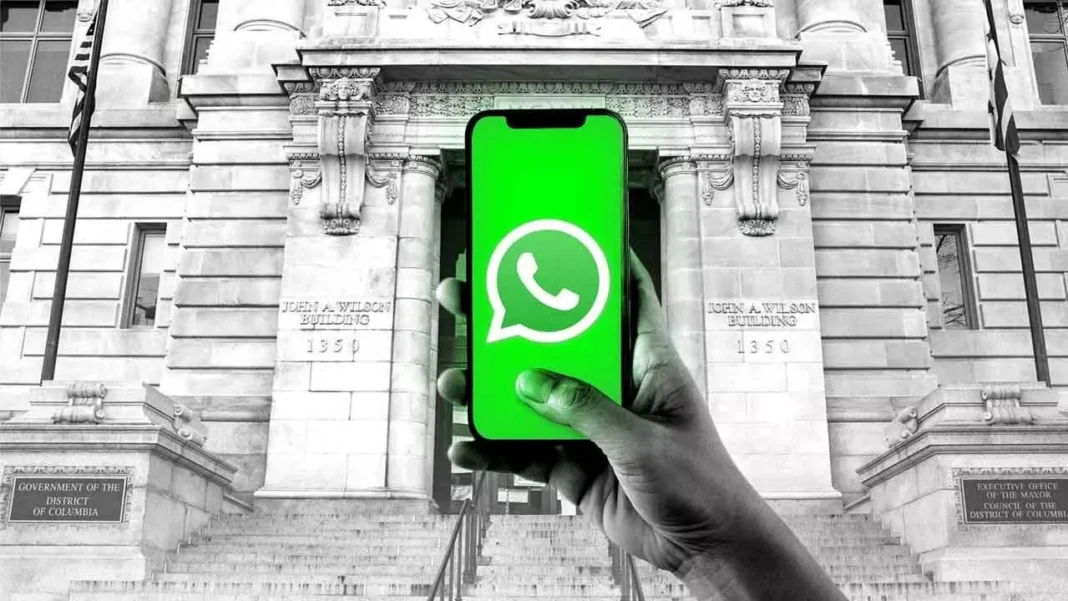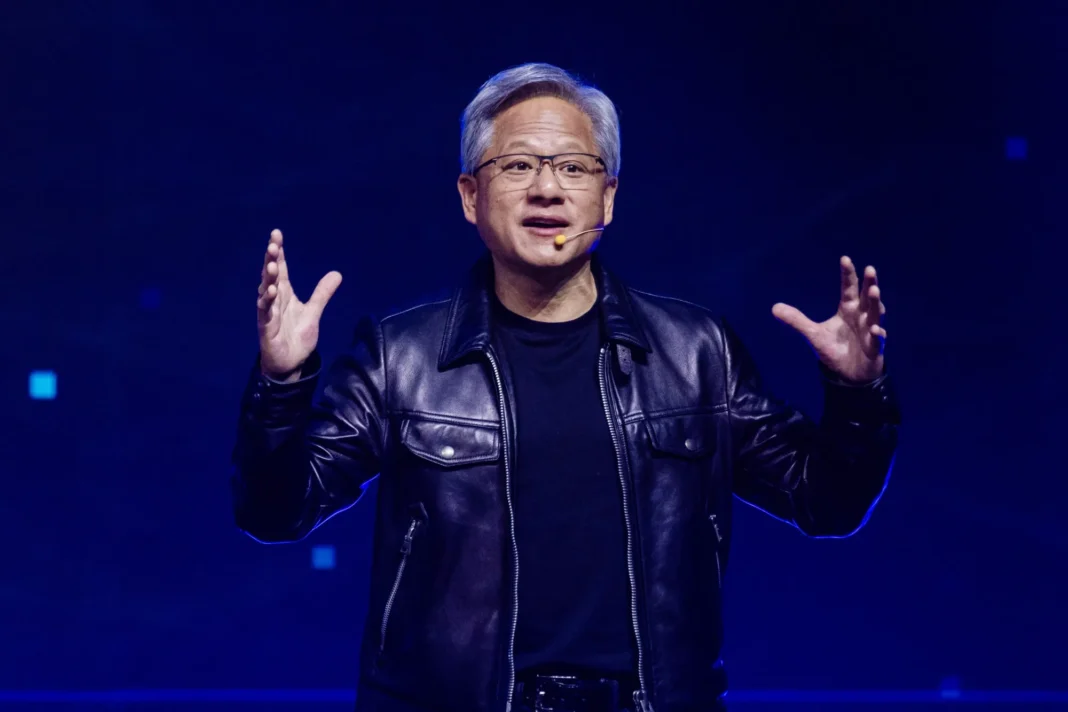India is on the verge of launching DengiAll, the country’s first indigenous tetravalent dengue vaccine, jointly developed by Panacea Biotec and ICMR. With Phase III trial enrolment set to finish by October 2025, this marks a historic advance in domestic biotech and public health
Enrolment has surpassed 8,000 participants so far, spanning 20 centres across major cities like Pune, Chennai, Kolkata, Delhi and Bhubaneswar. Over 10,500 adults overall will receive either the vaccine or placebo and be followed for efficacy and safety over two years
🎯 5 Major Impacts of the Vaccine Launch
1️⃣ Local independence in dengue prevention
DengiAll is India’s first home-grown dengue jab, reinforcing Atmanirbhar Bharat in vaccines and reducing reliance on imported shots .
2️⃣ Full protection against all 4 serotypes
As a tetravalent vaccine based on NIH’s TV003/005 strain, DengiAll offers robust protection against dengue’s four viral types—critical for India’s dengue-burdened regions
3️⃣ Wide-reaching clinical validation
Phase I/II data showed the vaccine is safe and immunogenic. The ongoing Phase III, double‑blind trial across 20 sites, further assesses real-world effectiveness
4️⃣ Game-changer for public health
With India reporting ~230,000 cases and ~300 deaths in 2024, this vaccine could significantly reduce disease burden, especially before peak monsoon season .
5️⃣ Biotech industry boost
Panacea’s partnership with ICMR showcases India’s growing capacity in vaccine R&D, trial-scale execution, and regulatory standards—benefiting future innovations
⏳ When will DengiAll be available?
- Phase III enrolment ends by October 2025 Business Today.
- Assuming no delays, regulatory approval and commercial launch could occur in late 2025 to mid-2026.
- Other players like Takeda (Qdenga) and Indian Immunologicals aim for a 2026 launch, intensifying India’s dengue vaccine landscape
🔭 What to watch next
- Trial outcomes in early 2026 to confirm safety and efficacy.
- Regulatory submissions by Panacea and ICMR to CDSCO for approval.
- Government rollout decisions—including pediatric use and inclusion in national immunisation programmes.
- Comparisons with Takeda’s Qdenga, which the WHO approved for adults and children ages 6–60
✅ Bottom line
India’s indigenous dengue vaccine DengiAll is a landmark for local health innovation. With Phase III wrapping by October 2025, regulatory green light—and real-world deployment—look likely by mid-2026. The vaccine has the potential to drastically cut dengue cases, empower Atmanirbhar Bharat, and strengthen India’s vaccine ecosystem.



